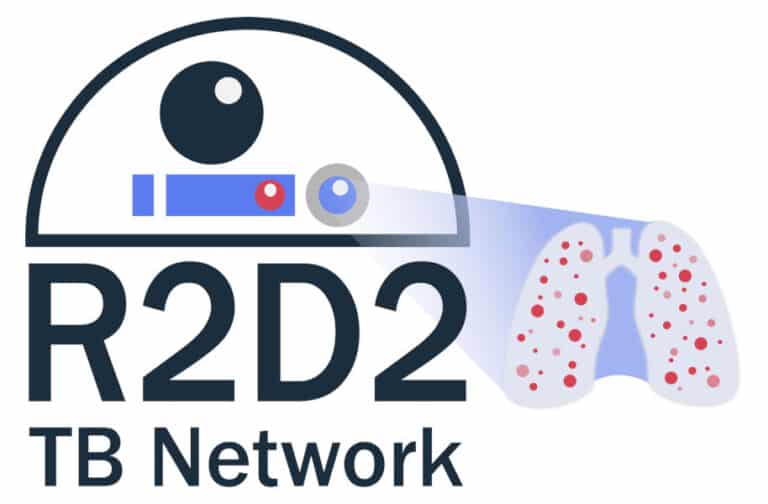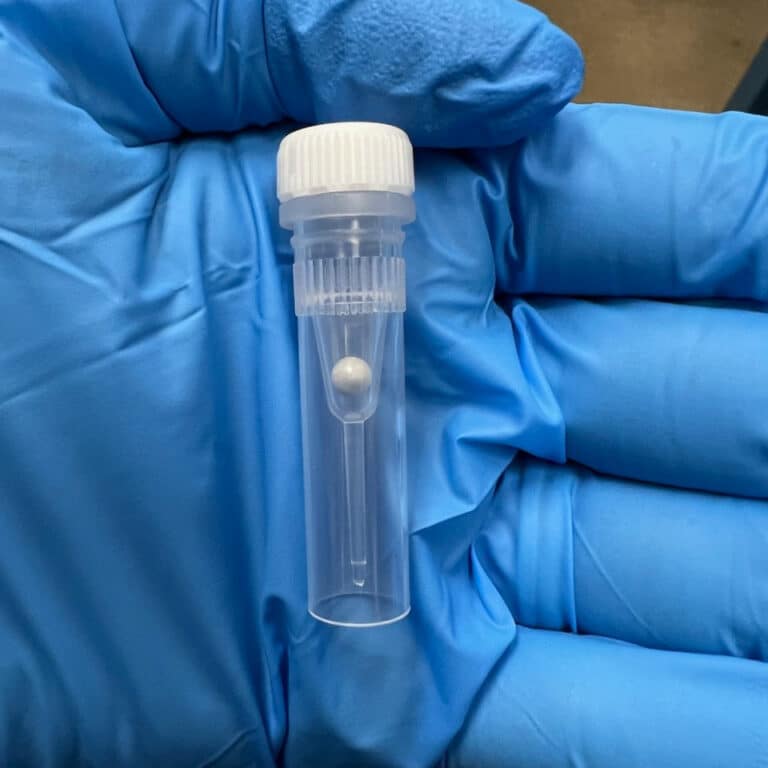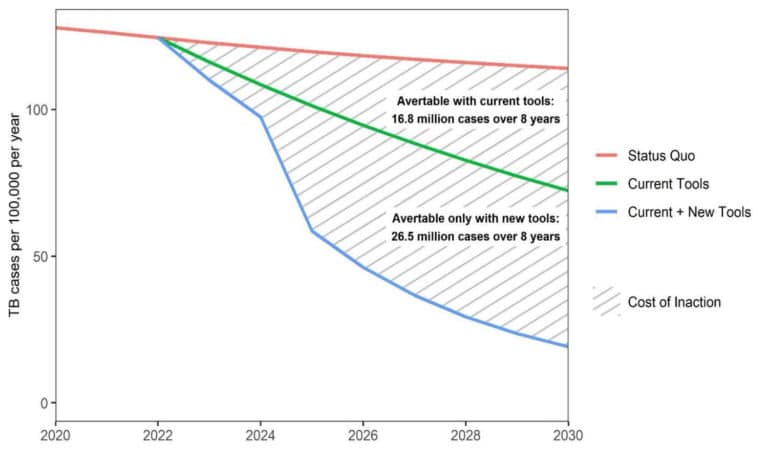A quarter of a million children die of tuberculosis (TB) each year worldwide. Early diagnosis would help save lives.
Human Health
“As a blood test, Actiphage is particularly suitable for children and patients unable to produce sputum," says Dr Pranabashis Haldar, Consultant in Respiratory Medicine at Leicester’s Hospitals.
Loading...
The potential for Actiphage to be used as a mainstream diagnostic for human tuberculosis (TB) has been investigated in a study across the University Hospitals of Leicester (Leicester’s Hospitals) with promising results.
Traditional tests rely on sputum to detect the infection but almost half of all people with pulmonary TB are unable to produce sputum, particularly in early disease.
It also difficult to culture the mycobacteria for plate detection.
Actiphage provides a novel approach: it is able to detect the presence of live mycobacteria in a sample of blood.
It uses a bacteriophage – a virus specific to the mycobacteria that causes TB. The bacteriophage is able to penetrate the tough membrane of the bacteria and release DNA from live cells, which can then be identified.
The results from initial trials are very promising.
Results from a further study were presented at the 32nd European Congress of Clinical Microbiology & Infectious Diseases (2022) more information and link to the abstract.
A total of 1.5 million people died from TB in 2020 (WHO data). Worldwide, TB is second only to COVID-19 as the most fatal infectious disease.
Children are often overlooked by health providers as the disease is particularly difficult to detect using current diagnostics.
Related content
Loading...
October 27, 2023
PBD Biotech has been working closely with the R2D2 TB Network to set up the trial protocol for its Actiphage® tuberculosis diagnostic, and the first test kit is being dispatched.
PBD Biotech has been working closely with the R2D2 TB Network to set up the trial protocol for its Actiphage®...
September 13, 2023
PBD Biotech is one of the companies represented at a parliamentary reception organised by the British In Vitro Diagnostics Association (BIVDA)
PBD Biotech is one of the companies represented at a parliamentary reception organised by the British In Vitro Diagnostics Association...
March 17, 2023
Tuberculosis testing and treatment needs to happen close to the point of infection. PBD Biotech has developed a lyophilized PCR reaction bead for its Actiphage® blood test for active TB. This enables ambient shipping without the need for a cold...
Tuberculosis testing and treatment needs to happen close to the point of infection. PBD Biotech has developed a lyophilized PCR...
November 21, 2022
The Global Plan to End TB is a costed public health plan. It aims to cut deaths by 90% in 8 years. A key recommendation of the report is to universally replace sputum microscopy with rapid molecular diagnostics.
November 21, 2022
The Global Plan to End TB is a costed public health plan. It aims to cut deaths by 90% in...






